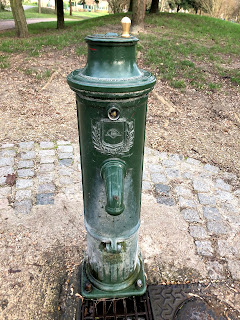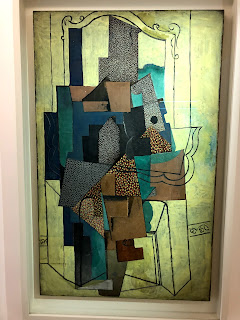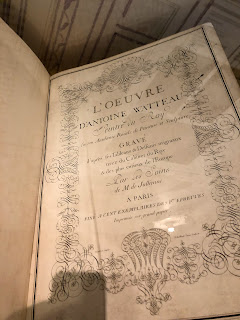By the time you read this, I'll be on my way home or already there. Back to my "normal" life!
If you don't hear from me for a day or two, it's probably because Marlee wouldn't let go of me. I guess I can't blame her if she's upset: After all, I spent a week away, a couple of days home, and more than a week away again. So far, I've been home for only three days in 2019!
Will the rest of the year be a journey? For the world, it might be an arduous one, to say the least. It might be for me, too, but I hope that it will be as interesting and fun as it's been so far!
If you don't hear from me for a day or two, it's probably because Marlee wouldn't let go of me. I guess I can't blame her if she's upset: After all, I spent a week away, a couple of days home, and more than a week away again. So far, I've been home for only three days in 2019!
Will the rest of the year be a journey? For the world, it might be an arduous one, to say the least. It might be for me, too, but I hope that it will be as interesting and fun as it's been so far!




















